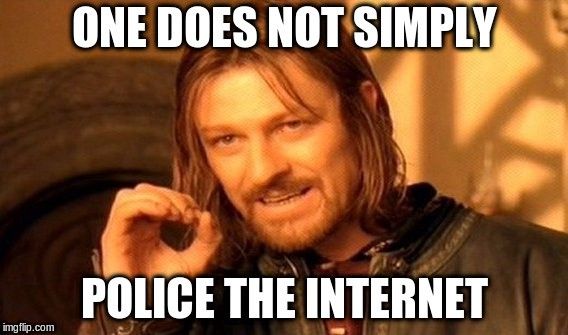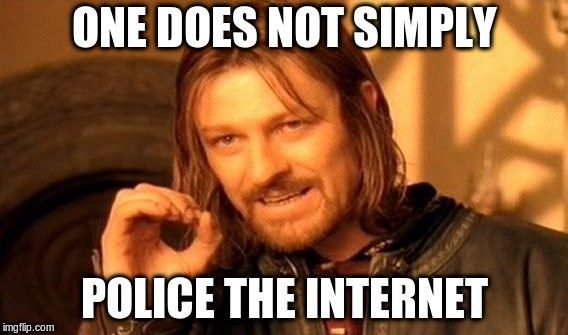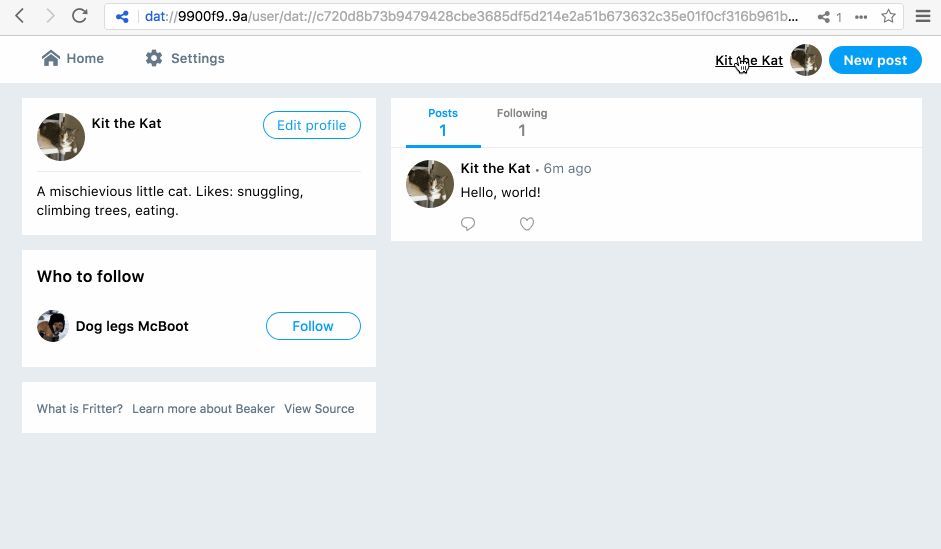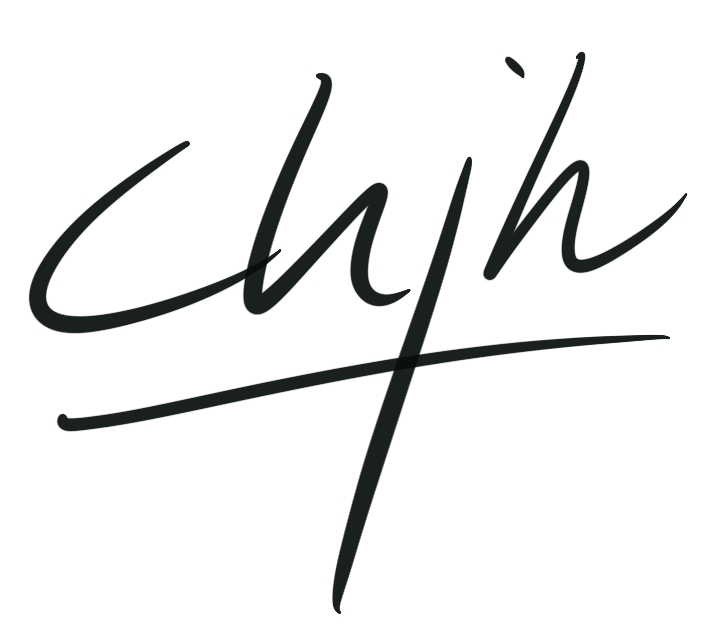Internet Filtering is Obsolete in a Decentralized Web

This is a cross-post from Medium.
We live in a centralized Web regulated by fragmented legislation across countries. As a consequence, if I build a Web platform in the Netherlands, I need to take into account whether the content served on the platform is legal in Germany (replace with any country), where my users can also come from. This and other limitations of current legislation restricts the economic potential of European business. Hence, in 2014 the European Commission (EC) set out with an admirable working vision for Europe under the Digital Single Market (DSM) strategy:
The internet and digital technologies are transforming our world […] internet companies and start-ups have their horizons limited […] It’s time to make the EU’s single market fit for the digital age — tearing down regulatory walls […] This could contribute €415 billion per year to our economy and create hundreds of thousands of new jobs.
And yet, with the most recent proposal for Article 13 of the copyright reform the EC is putting copyright on its head and limiting the market to such an extent they’ll likely undermine most of this vision and then some. No longer do rightsholders need to accuse someone of infringement and prove it, it is now the responsibility of the platform provider to show they did not infringe and did everything they could to that end.
In essence, the EC is proposing to have platform providers police the content users post on their platforms. In other words, providers like Facebook, Twitter, and providers of niche discussion fora on knitting for young people (or K.I.J.F.L.O.L.B.A.Y.P.C.), will have to start checking the content their users post to make sure they’re not infringing on copyright. On top of it, they have the obligation to seek licenses for those posts they allow (which is virtually impossible for so many homebrewed creative works).
Many have written great and detailed pieces about what the problems are with the proposed platform filtering issue and how it contradicts or undermines other European legislation. These include a Max Planck Society report, an EDRi Article 13 deconstruction, and a letter signed by 57 considerable signatories. They showcase that a sizable number of people and organizations explicitly oppose this proposal because it will not work without fundamentally altering the Web as we know it. I love posting memes, but Medium would be incentivized to remove this image because it might infringe upon the Lord of the Rings’ production company. Article 13 might make it very difficult to keep the Web we like and enjoy.

It is becoming increasingly plausible that a decentralized Web is the future: The World Wide Web consortium has issued specifications for decentralized social networking; protocols like Dat, IPFS, and Secure Scuttlebutt are maturing, Firefox opened up their extensions to use these protocols, the Brave browser is implementing some of these protocols, and there is a full-fledged browser dedicated to building a decentralized Web on top of these: Beaker Browser. These are just a few of the many initiatives going around to decentralize the Web.
Depending on how the decentralized Web develops, the legislation could become obsolete. Today the decentralized Web is for the early adopters, but it could quickly hit mainstream because it helps address issues people care about right now—it can mitigate spamming, can increase security, can simplify authentication, can increase reliability, and can make it much easier for Web applications to also work offline if loaded once.
Note that this is not a thought experiment, the decentralized Web already exists today. Take for example Fritter and Rotonde, two decentralized social micro-blogging applications. When I post something on there, I do not post it on a platform — I post it on my computer and make it available to others directly. Just like Kit the Kat does in this example GIF.

There is no central platform; it’s just a message you make available to others to copy onto their computer directly, which you allow them to spread to others. As an analogy, it is like that time I wrote a postcard and allowed anyone to come into my house and copy it, and those who copied it allowed others to come into their house to copy it (this never actually happened but you get the point).
Article 13 would not apply in a decentralized Web infrastructure because there is no platform to police the content to begin with. This means that Article 13 is limited in scope and certainly not future proof, which, to me, indicates that we need better and more sustainable proposals of copyright reform.

Comments ()